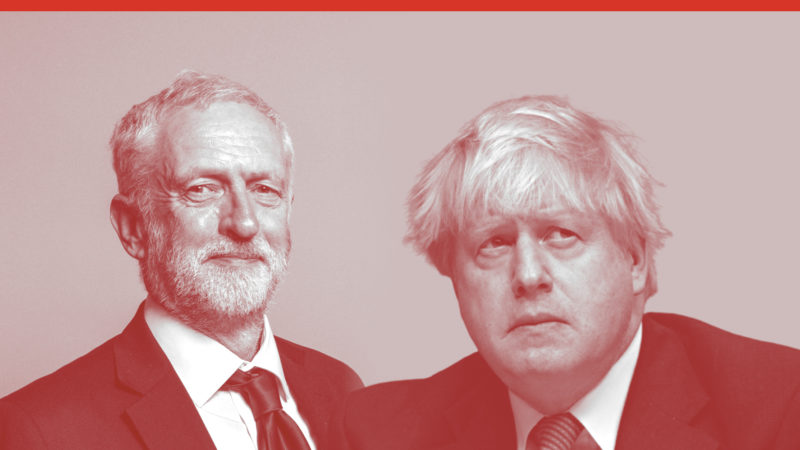
“Set your exit date or we open the envelope.” This is the bottom line that chief Tory backbencher Sir Graham Brady is expected to convey to Theresa May this morning. They are speaking as I write, and it is understood the Prime Minister will announce her departure date (reported to be 10th June) shortly. Hard Brexiteers don’t much like her de facto deputy David Lidington, a.k.a. Mr Europe, so the plan is apparently for the Tory leadership contest to kick off in early June, after Donald Trump’s visit, and for May to stay as ‘caretaker’ until the new PM is found.
Update, 10.45am: Theresa May will step down as Tory leader on June 7th.
Although a crowded field of candidates makes a speedy election difficult, there is an aim to resolve the matter by the end of July. This would give everyone August recess off. More importantly, it would particularly benefit frontrunner Boris Johnson, who it is said could otherwise implode during a longer race – which raises the question of whether he should really be chosen, when his own supporters think spontaneous self-combustion is likely beyond eight weeks. But Tories reckon it’s worth the risk and he’s their best bet to counter both Nigel Farage and Jeremy Corbyn.
We often talk about our increasingly polarised politics, exacerbating sharp divisions over Brexit. In the face of a fragmenting electoral coalition, Corbyn’s approach has been to address “the many, not the few” rather than either Remainers or Leavers. To be clear, this is a strategy for the next general election, not yesterday’s European elections. But a poor result on Sunday evening will undoubtedly fuel criticism from the largely anti-Brexit membership and parliamentary party of that attempt to unite the country.
Last night, as the polls closed, Labour activists revealed a motion that would force a momentous shift in party policy on Brexit if passed at conference in September. It would basically blow up Corbyn’s strategy. The motion declares firm opposition to Brexit and unconditional support for another referendum. Crucially, it also specifies that the party would back ‘Remain’ in that vote.
We saw Another Europe is Possible – one of the groups that has drafted this proposal – run an efficient campaign last year, which led to the composite motion that has been at the centre of internal rows ever since. We can assume that ‘fool me once, shame on you; fool me twice, shame on me’ will be at the top of pro-EU members’ minds in September. There will be strong pushback against caveats. Another difference this year is that Keir Starmer won’t be doing the leadership a favour by holding back the ‘stop Brexit’ tide.
In four months’ time, we could see Prime Minister Boris Johnson pursuing no deal, opposed by Labour as a ‘Remain’ party. Many members and LabourList readers would be delighted by the latter. But the great danger is that Jeremy Corbyn loses his key selling point as a result: absurd as it may sound, Eton-educated Alexander Boris de Pfeffel Johnson could become the anti-establishment candidate. And then we’d really be in trouble.
Sign up to LabourList’s morning email for everything Labour, every weekday morning.



More from LabourList
Letters to the Editor – week ending 15th February 2026
‘Labour council candidates – it’s tough, but all is not lost’
‘Labour won’t stop the far right by changing leaders — only by proving what the left can deliver’